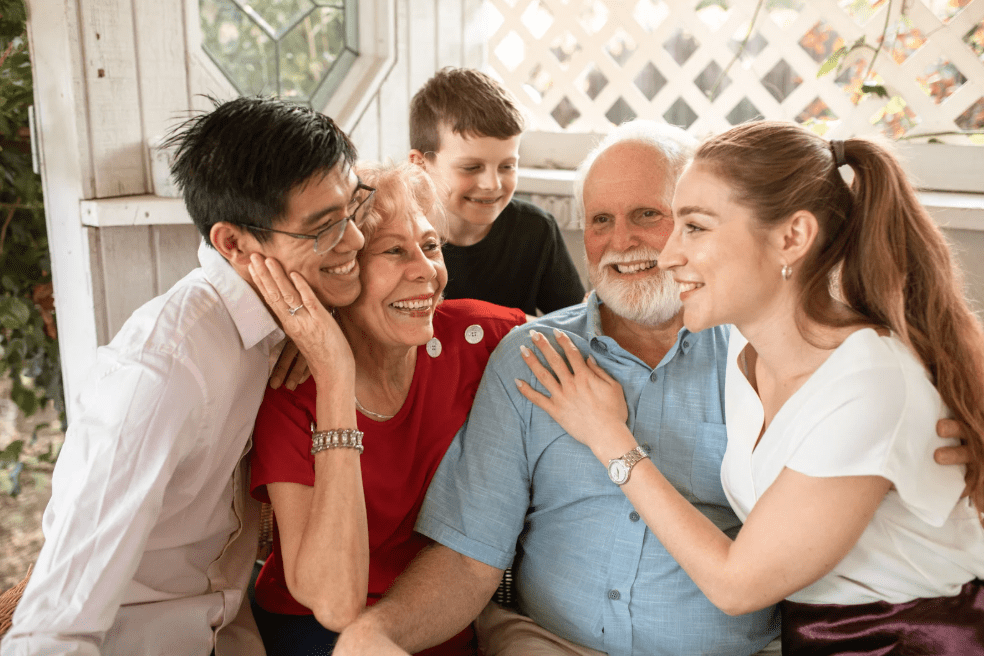Table Of Contents
 Are your sleep problems related to service? The quick answer is they absolutely may be related to service. However, that is not why you are reading this blog post.
Are your sleep problems related to service? The quick answer is they absolutely may be related to service. However, that is not why you are reading this blog post.
The question you really want to know is whether your sleep problems can be considered service connected, and thus subject to disability ratings for compensation benefits. The answer is a definite maybe and the analysis can be complex.
Everyone in their life at some point or another has been faced with sleep problems. Sometimes it is stress-related to family, financial, work, etc. Sometimes it could be due to physical discomfort or because your “smart” thermostat turned off the a/c in the middle of the night leaving you a sweaty mess.
These are examples of “sleep problems.” Now let us view the same problems in the context of being related to service. For example, maybe you got so used to the sleeping arrangements of military life and now you cannot sleep soundly in the comforts of your own home following discharge. Or, maybe you were on patrol often and thus every noise you hear while lying in bed startles you, gets you out of bed, and makes you look out all of the windows.
Another example is having night terrors of your combat duties or any other distressing nightmares that keep you from falling asleep or sleeping at all. Maybe your service-connected back condition hurts when you lie on your left side, causing you to awaken in tremendous pain. Then falling back asleep is a task in and of itself. While these examples are related in one form or another to service, they are merely “problems,” or in medical terms, “symptoms” or “side effects” of an underlying condition.
If you have service-connected PTSD, “chronic sleep impairment” is already a symptom of the 30% disability rating criteria that is used to assign a rating. However, if your service-connected back condition keeps you awake, it is not a factor in the rating and it is just an unfortunate side-effect of your pain.
Therefore, if you generally have trouble sleeping, and it is a symptom/side effect of a diagnosed service-connected condition, then it is not subject to additional compensation. It just falls into the category of sleep difficulty that millions and millions of people have, whether they served or not.
On the other hand, if you have an actual diagnosed condition known as sleep apnea, which is not a symptom of another condition as it is its own independent condition, it absolutely is subject to compensation benefits.
Stay tuned for the upcoming Part 2 to learn what sleep apnea is and how it might be subject to VA compensation benefits.
UNCERTAIN WHETHER YOUR SLEEP DISORDER QUALIFIES YOU FOR VA BENEFITS?
Our veteran’s disability advocates are up to date on the rules governing VA disability claims. We help our clients properly document and prove their sleep disorders are directly or secondarily related to service. If you are uncertain whether your sleep disorder qualifies, contact our office today to discuss your symptoms and the possible success of your claim. You can reach us by calling (855) 855-8992 or complete our free evaluation form online.

Veterans Help Group Serving Our Community
Veterans Help Group Serving Our Community By Bobbi Boudi, Director of Community Outreach & Amy...

How Much Back Pay Will You Receive?
What is VA Disability Back Pay? VA disability back pay is payment for benefits the veteran was...

Your Guide to VA Ratings: Sleep Apnea
Your Guide to VA Ratings: Sleep Apnea Sleep apnea can be a serious condition that may impact...





